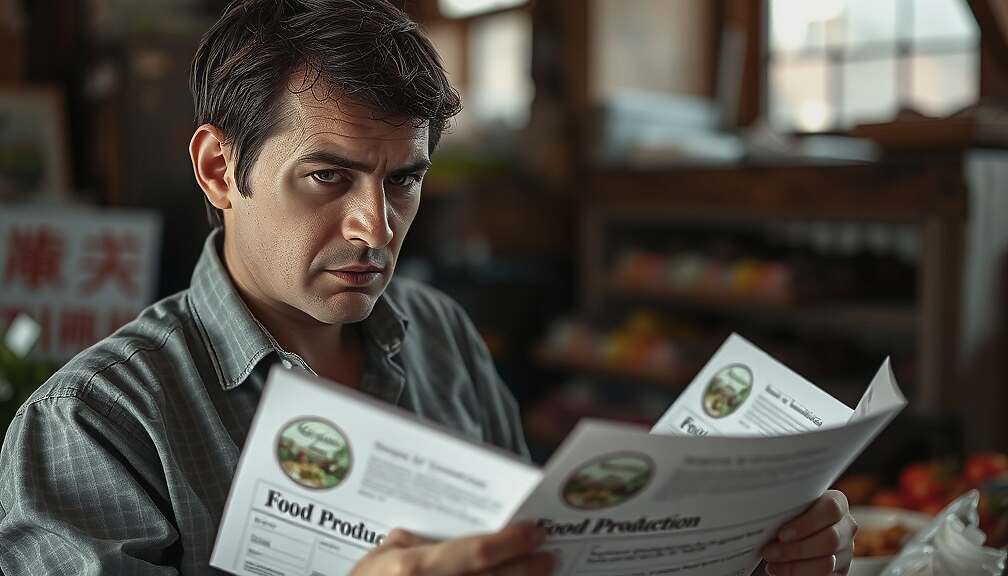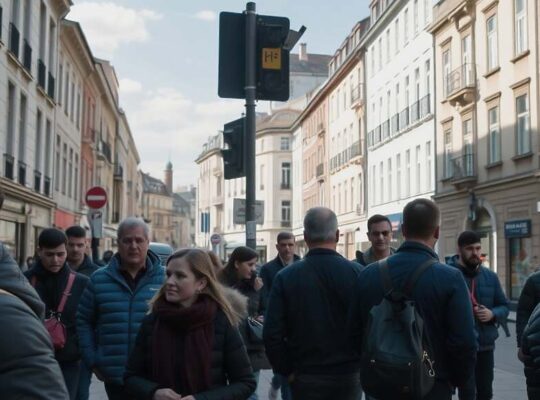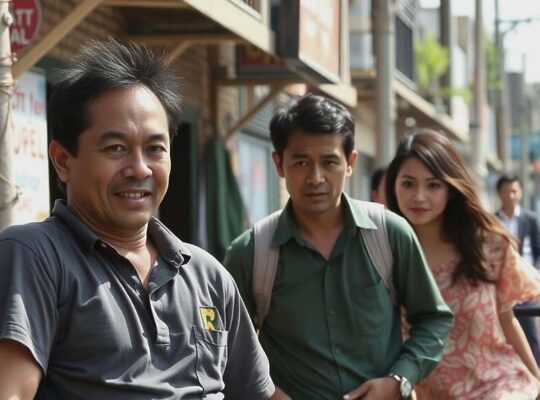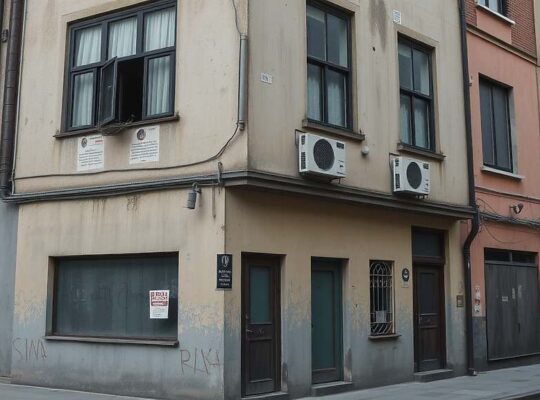European food startups and investors are voicing significant concerns regarding the European Union’s approval process for novel foods, describing it as excessively lengthy, stifling innovation and lacking transparency.
“The EU approval process for novel foods is a nightmare” stated Patrick Noller of Berlin-based startup investor Foodlabs, echoing a sentiment shared across the sector. He highlighted a paradoxical situation where securing approval for a new food product has become more complex than obtaining approval for pharmaceuticals. This discrepancy, particularly when contrasted with the speed of innovation in the United States and Asian markets, is prompting many companies to consider relocating their operations. There’s a tangible risk of losing both crucial innovation and valuable jobs to other regions.
Ivo Rzegotta from the Good Food Institute (GFI) Europe underscored the opportunity cost for the EU, stating that the current system creates a clear competitive disadvantage for European startups. He cautioned that, similar to past experiences in the solar and semiconductor industries, the EU risks falling behind in a burgeoning multi-billion euro market.
The Novel Food Regulation, in place since 1997, governs the authorization of novel foods across the EU. However, Christian Dammann, Chief Technical Officer of Bluu Seafood, which produces cultured fish using bioreactors, characterized the regulation as “complicated, protracted and overly opaque.
Philip Tigges, Managing Director of Hamburg-based startup Infinite Roots, which cultivates fungal root networks in fermenters to create alternative foods, expressed similar frustrations. “We’ve been submitting scientific dossiers to authorities for years without making substantial progress” Tigges explained. “The process is incredibly frustrating.
Raffael Wohlgensinger, founder and CEO of Berlin-based Formo, which biotechnologically produces milk proteins for cheese alternatives, echoed the urgency. “We developed our technology here, but we need to rapidly commercialize it. Each month of waiting costs us valuable time and capital.
To address these issues, startups are advocating for a “sandbox program” modeled after the Dutch system. This would allow products to be tested by consumers under limited timeframes and with regulatory oversight, concurrently with the standard novel food authorization process. In Germany, proponents suggest that the federal government could adopt a similar approach through the planned Real Laboratory Act. Formo believes that a so-called experimentation clause could rapidly establish a “low-barrier pilot space” for testing novel foods, sending a “strong signal to industry and investors” within a matter of months.












